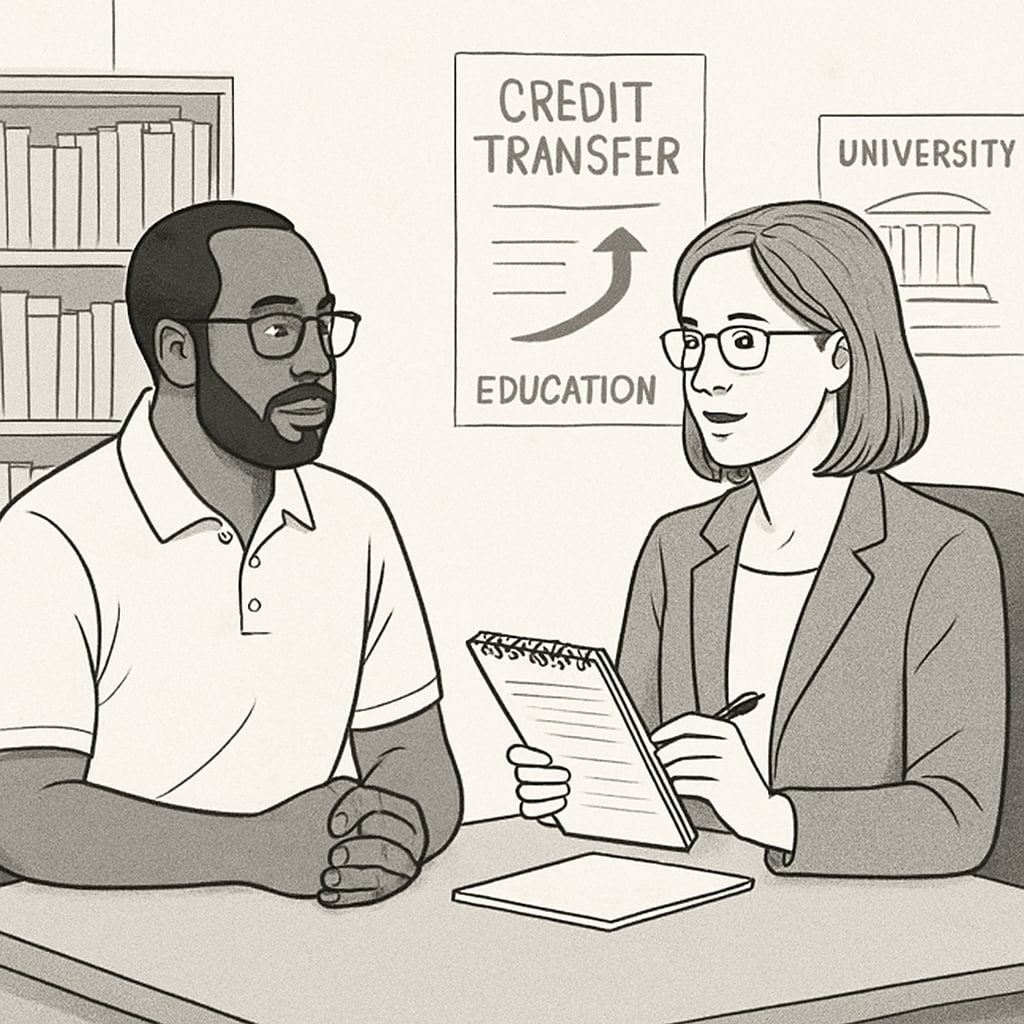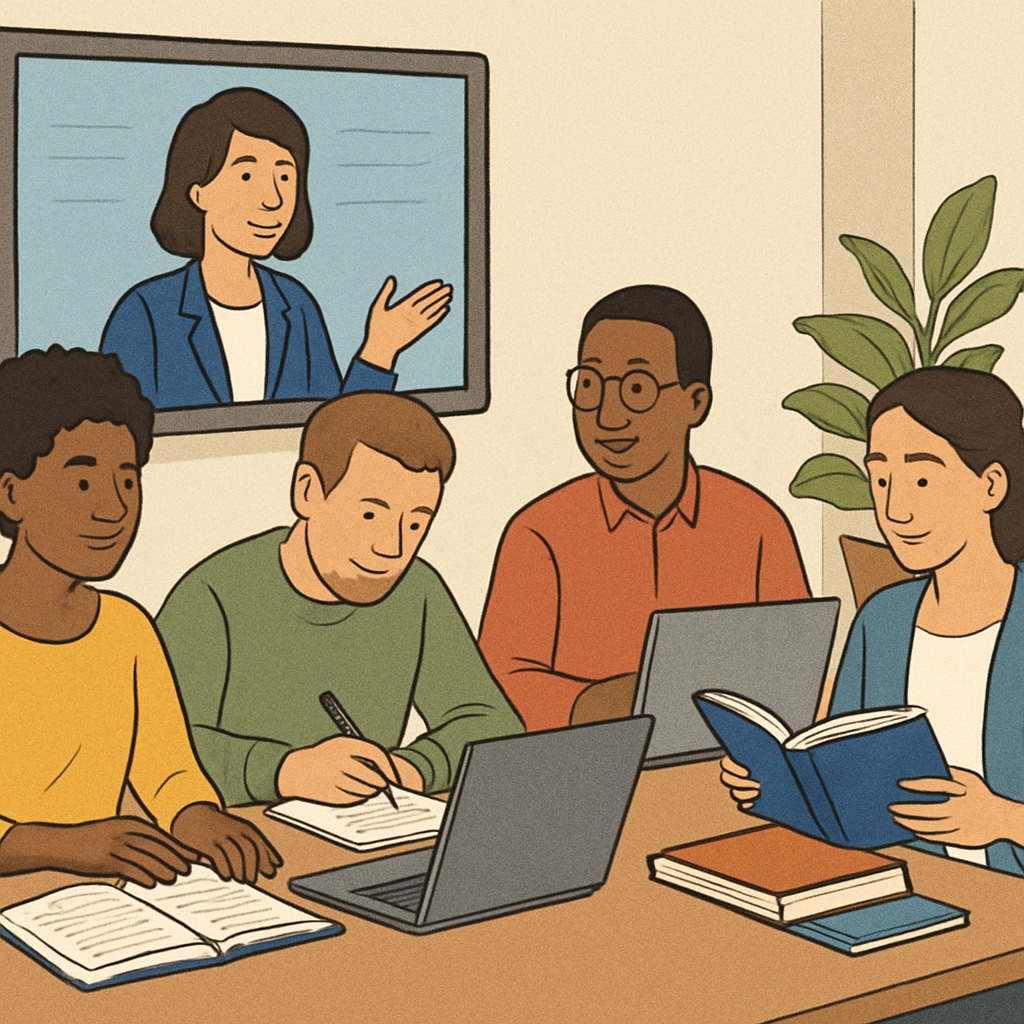Completing a degree can often be a challenging endeavor, particularly for those who have had to interrupt their studies due to personal or professional circumstances. In such situations, navigating the options for degree completion, credit transfer, and continuing education can be daunting. This article provides insights into the pathways available for adult learners, offering practical solutions to common obstacles and strategies to reignite your educational journey.
Understanding Credit Transfer Challenges
One major hurdle for those returning to education after a break is credit transfer. Universities and colleges often have strict policies about what credits they will accept, which can limit the options for continuing previously earned credits. For example, some institutions may only accept credits from accredited programs or require that coursework aligns closely with their curriculum.
To overcome these challenges, consider the following strategies:
- Research institutions with flexible credit transfer policies. Many schools, especially online universities, focus on accommodating adult learners.
- Request a transcript evaluation from prospective institutions to understand which credits can be applied to your desired program.
- Explore programs with prior learning assessments (PLAs), which allow students to earn credits based on work experience or other non-traditional learning methods.

Non-Traditional Educational Pathways
For adult learners, traditional full-time education might not be feasible due to work, family, or financial commitments. Fortunately, non-traditional education options provide greater flexibility while still enabling degree completion:
- Online Learning: Many accredited institutions offer online degree programs, which allow students to balance studies with other responsibilities.
- Community Colleges: These institutions often have transfer agreements with four-year universities and offer more affordable tuition.
- Competency-Based Education: Programs like this focus on mastering skills rather than completing set hours of coursework, which can accelerate degree completion.
- Part-Time Study: Enrolling part-time can spread the cost and workload over a longer period, making it more manageable.

Emotional Support Throughout Your Journey
Returning to education after a break is not only an academic challenge but also an emotional one. Many adult learners experience self-doubt, anxiety, or even guilt about pursuing their education while managing other responsibilities. It’s essential to address these feelings and build a support system:
- Connect with academic advisors or mentors who can guide you through your educational path.
- Join adult learner communities, either online or in-person, to share experiences and build camaraderie.
- Set realistic goals and celebrate small achievements to maintain motivation.
Remember, pursuing education at any stage of life is a commendable effort that can unlock new opportunities and personal growth.
Conclusion: A Fresh Start
Completing your degree after an interruption is entirely possible with the right strategies and mindset. By embracing flexible educational options, addressing credit transfer challenges, and seeking emotional support, adult learners can successfully restart their academic journeys. Whether through online programs, community colleges, or competency-based education, the path forward is filled with possibilities. Take the first step today and move closer to achieving your academic and career goals.
Readability guidance: The article uses concise paragraphs and lists to enhance readability. Key strategies are clearly outlined, and transitions such as “however” and “in addition” connect ideas seamlessly.


